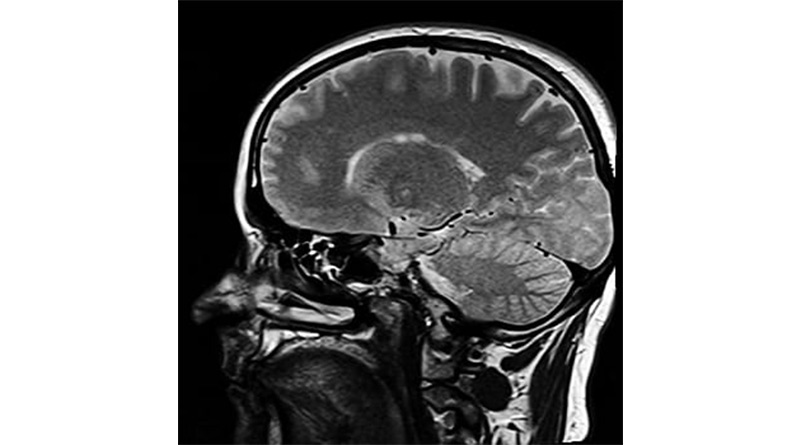AI Could Help ‘Diagnose Dementia In A Day’
Researchers at Cambridge University and Addenbrooke’s Hospital in Cambridge have developed an approach using artificial intelligence that can diagnose dementia from a single brain scan, as well as providing doctors with information about that person’s prognosis.
Prof Zoe Kourtzi, a researcher at Cambridge University and a fellow of the national centre for AI and data science, The Alan Turing Institute, developed the algorithm. Prof Kourtzi is also Scientific Director of Early Detection of Neurodegenerative diseases (EDoN), a global research project Alzheimer’s Research UK are spearheading and combines digital data from wearables to predict who may go on to develop dementia years before symptoms show.
The Cambridge University team will now work with doctors at Addenbrooke’s Hospital in Cambridge to test the AI approach in a real-world setting, with patients coming into the memory clinic with concerns about dementia.
Dr Laura Phipps at Alzheimer’s Research UK, said: “Artificial intelligence systems like this are currently being applied to many aspects of healthcare, drawing on the insights from huge datasets to help doctors make more informed decisions about diagnosis, treatment and care.
“To diagnose dementia today, doctors need to rely on the interpretation of brain scans and cognitive tests, often over a period of time. Machine learning models such as those being developed by Prof Kourtzi could give doctors greater confidence in interpreting scans, leading to a more accurate diagnosis for patients.
“We hope that in future, such approaches will not only improve how current diagnostic techniques are implemented but open the door to revolutionary new approaches to detect the diseases that cause dementia much earlier. This would have a huge impact on people with dementia and their families.
“Artificial intelligence systems also make it possible to combine many different data types to accurately predict who might have a particular disease. Prof Kourtzi is leading an Alzheimer’s Research UK funded project called EDoN, combining digital data from apps and wearables including sleep, cognition, fine motor skills and brain activity to predict diseases like Alzheimer’s 15-20 years before we can today.”






